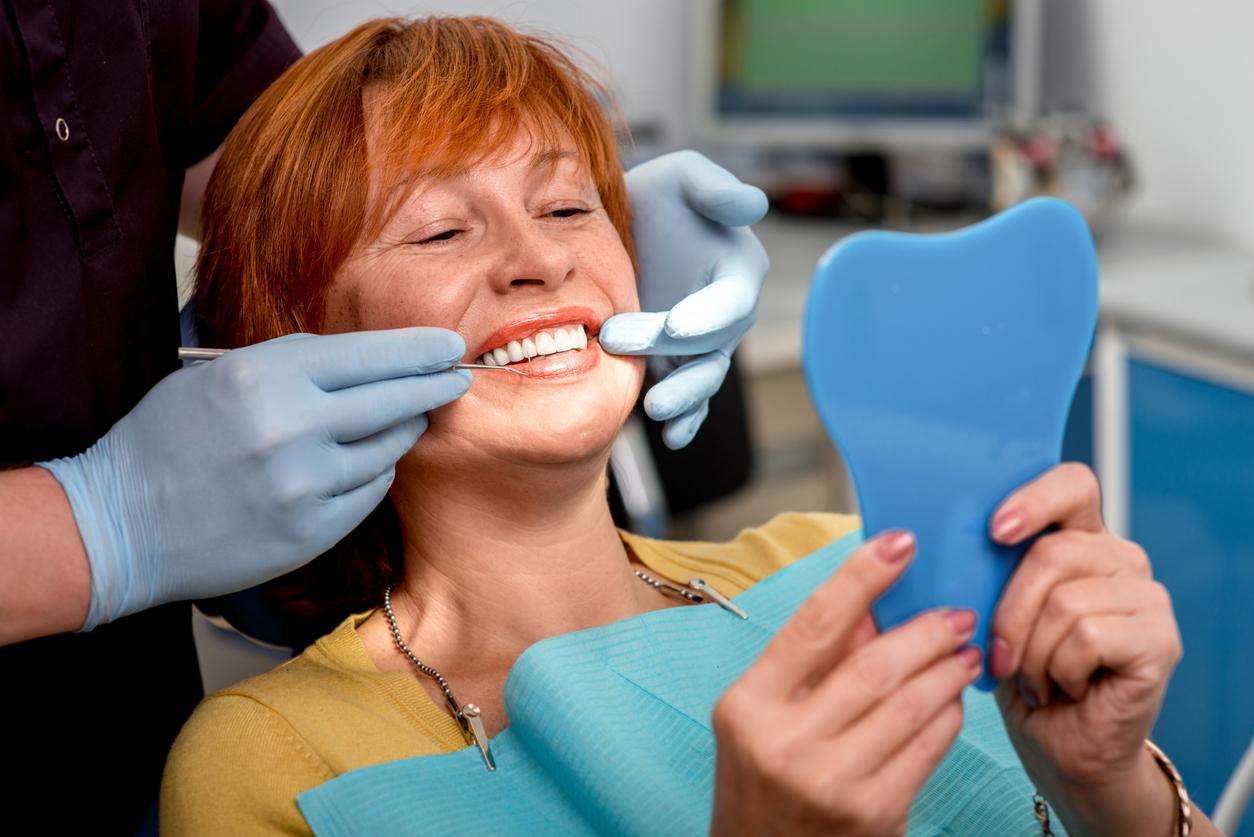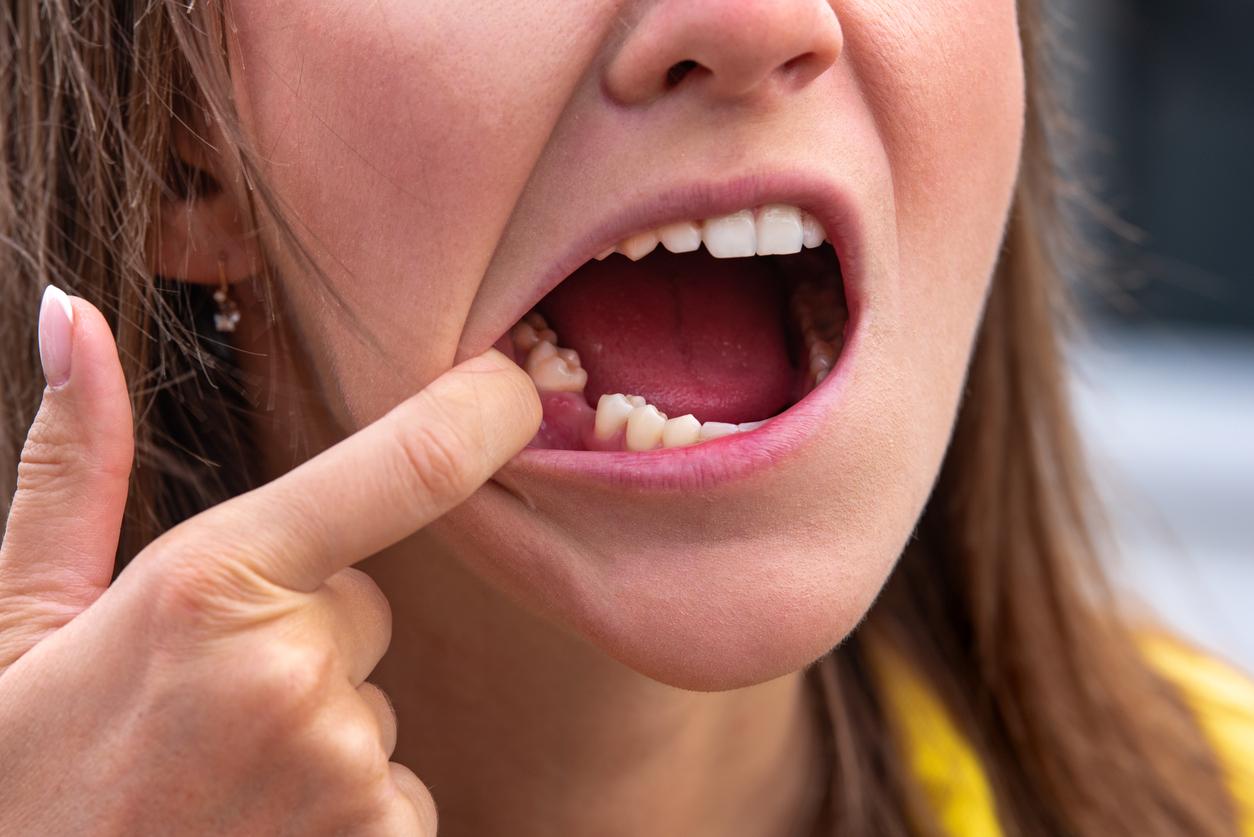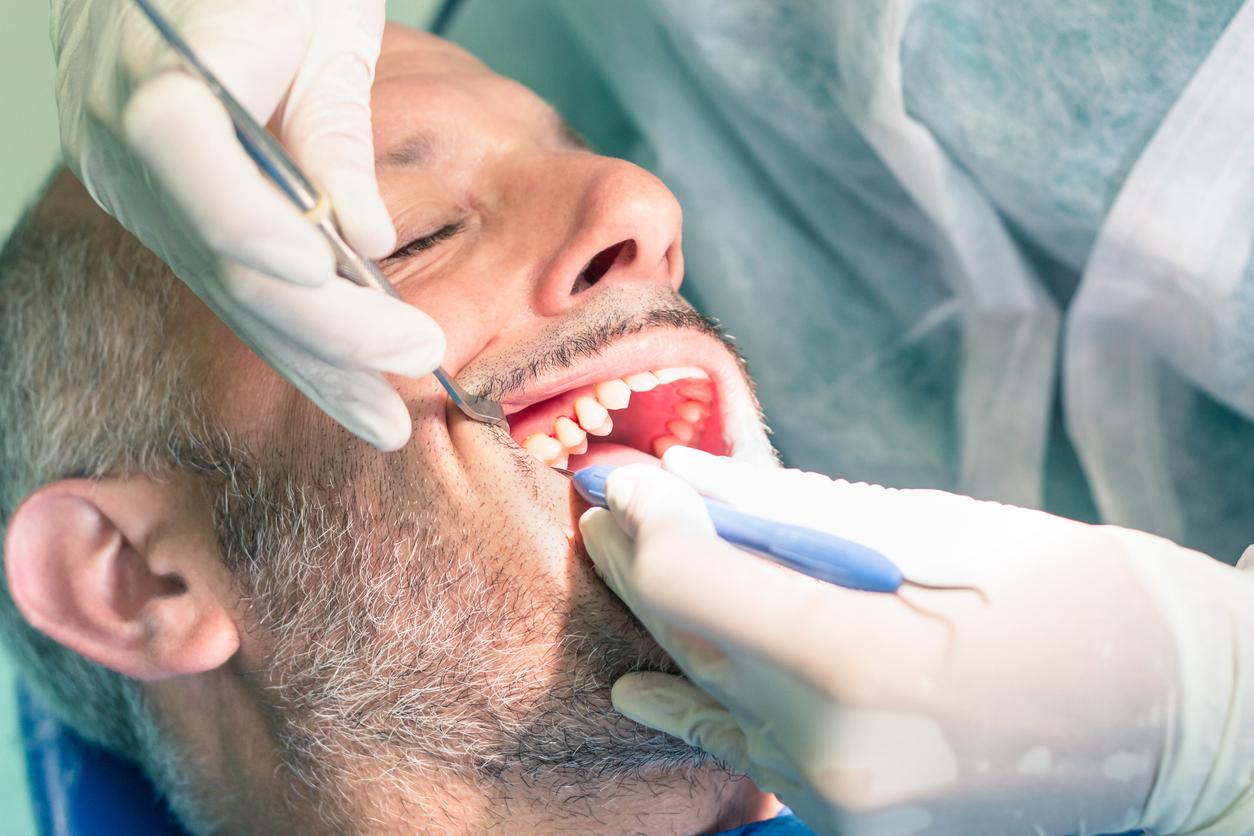The more time passes, the less the French brush their teeth! What is happening to them?
In 2011, only 53% of French people said they brushed their teeth twice a day, whereas there were more of them, 58% in 2008. There are still good students, 16% of French people follow the recommendations of dentists and do it 3 times a day. Just for the record, there is still 1%, or 60,000 people who never brush their teeth !!!
In the field of health, we see that women are more serious than men, is this also true for teeth?
Indeed, the female sex is more concerned about their dental hygiene than the men: almost one in 5 women say they brush them 3 times a day. Also at the top of the list, young people of both sexes from 18 to 24 years old who work seriously for white teeth and fresh breath: 7 out of 10 admit to washing them twice a day. Unlike teens who shun the toothbrush, but not really the hairbrush. Shampoo at this age far outweighs toothpaste
And what is the consequence of not brushing teeth apart from decay?
The gum takes “full teeth” …. If you brush little or badly, it deteriorates and ends up retracting and revealing the root of the tooth, which is very sensitive. Hence the pain triggered by certain foods but also by cold or heat. Almost 7 in 10 people complain about it.
What to do ?
As you can see, brushing your teeth and especially where it hurts, otherwise a vicious circle takes place. But not just any old way! It must be done with a soft medium brush, which is changed every 3 months. and the direction of brushing is essential: from red to white which means that you must brush especially not horizontally as we see too often in the films, but from the gums towards the teeth, either from the bottom to the top for the lower teeth and the opposite for the upper one! and toothpaste is sprayed everywhere … Are you following me?
As for brushing 3 times a day, it remains utopian most of the time. At noon the simplest, but effective, is to rinse your mouth with water.
And last tip: avoid snacking during the day: it’s bad for the waistline, but also for the teeth and gums which are constantly in contact with food debris, a real poison!
Reference:
Sensodyne / Ifop study carried out in July 2011 for GlaxoSmithKline Consumer Health by self-administered online questionnaire from July 19 to 21, 2011 with a sample of 1008 people, representative of the French population aged 18 and over.
Barometer carried out on the occasion of the Congress of the French Dental Association.
.

















